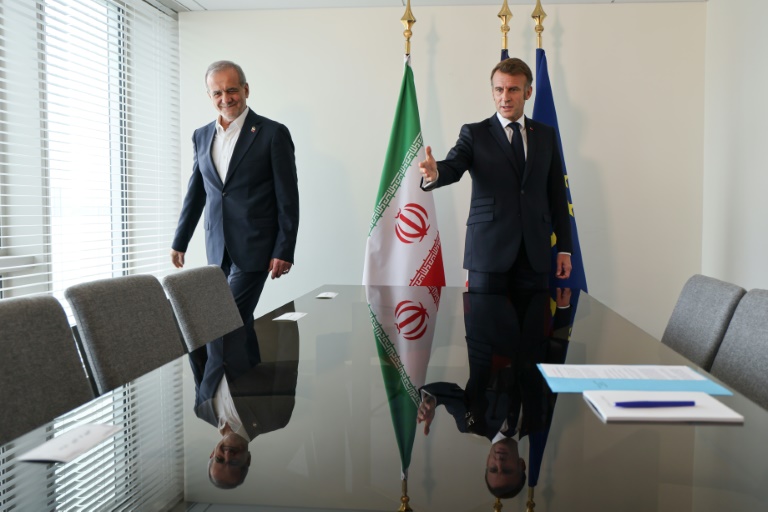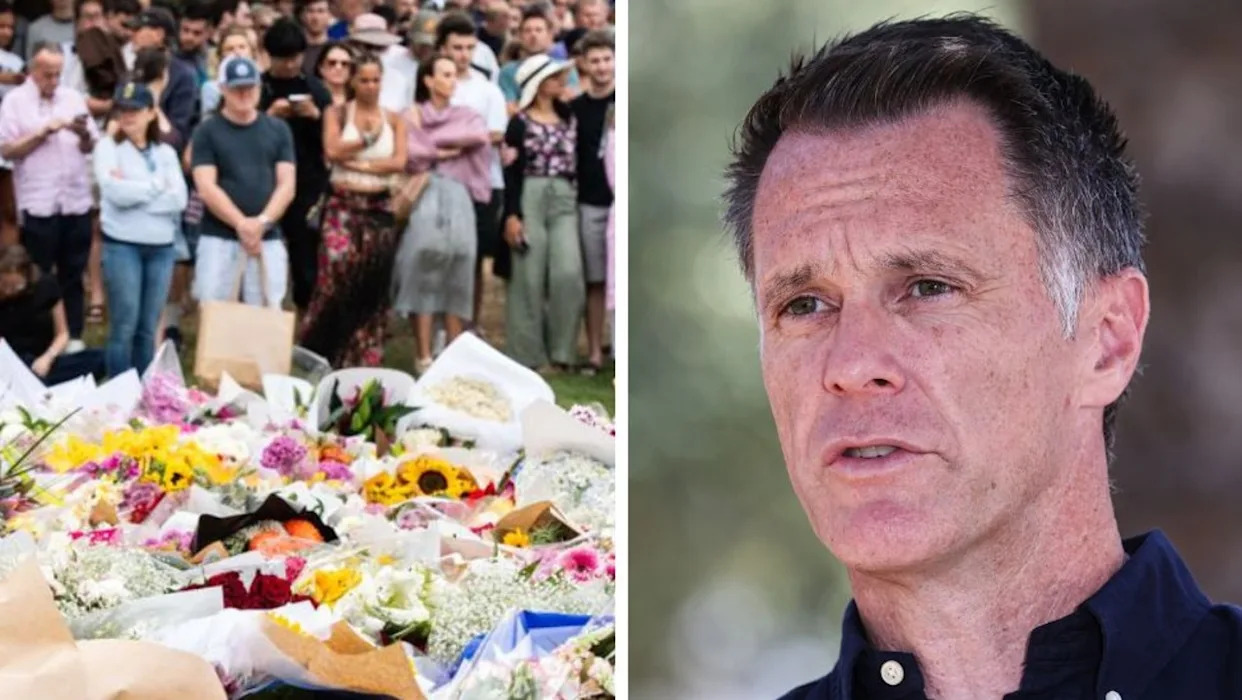
The United Nations is poised to reinstate sweeping sanctions on Iran after diplomatic negotiations with Western powers failed to yield a breakthrough on its nuclear program. These sanctions, the first of their kind in a decade, are set to take effect at midnight GMT on Saturday, following a decision by European nations to activate the “snapback” mechanism first established under the 2015 nuclear agreement.
President Masoud Pezeshkian criticized an American proposal that would require Iran to relinquish its entire stockpile of enriched uranium in exchange for a mere three-month reprieve from sanctions. Pezeshkian deemed the offer unacceptable and expressed concerns over the pressure from the United States on European nations to avoid meaningful compromises. “Why would we put ourselves in such a trap and have a noose around our neck each month?” he remarked to reporters in New York before returning to Iran.
Despite allowing international inspectors back into some nuclear facilities, Iran’s compliance has not satisfied Western governments, which have been engaged in high-level diplomacy over the past week. The renewed sanctions come after European powers accused Iran of violating its obligations under the 2015 deal, which had previously led to a suspension of UN sanctions in exchange for limitations on Iran’s nuclear activities.
Impact of Renewed Sanctions on Iran
The reinstatement of sanctions will reimpose a global ban on transactions involving companies, individuals, and organizations linked to Iran’s nuclear and ballistic missile programs. An Iranian engineer, identified only as Dariush, commented on the already challenging economic conditions in the country, stating, “The current (economic) situation was already very difficult, but it’s going to get worse.” He noted that the Iranian currency, the rial, was trading at around 1.12 million rials to the dollar on the black market, a record high that reflects rising concerns over the nation’s economic stability.
As businesses react to the looming sanctions, reports from Tehran’s Grand Bazaar indicate an uptick in gold purchases as residents seek to protect their wealth. Dariush added, “Most people fear another war because of the snapback,” highlighting the anxiety surrounding the potential for escalated conflict.
While Russia and China attempted to delay the sanctions until April, their efforts did not secure enough votes within the Security Council. Russian Deputy Ambassador Dmitry Polyansky declared the renewed sanctions as “null and void,” indicating Russia’s ongoing commitment to support Iran against Western pressures.
Future of Diplomatic Efforts
The United States has already implemented unilateral sanctions on Iran, exerting significant pressure on third countries to halt purchases of Iranian oil. Despite this, China has maintained its trade relations with Iran, illustrating the complexities of international diplomacy in this context.
The International Crisis Group, a Brussels-based think tank, noted that while Iran may seem dismissive of the UN sanctions, the snapback mechanism is challenging to reverse without a consensus from the Security Council. The group warned that the renewed sanctions could exacerbate Iran’s existing economic issues, which include high inflation and currency devaluation.
In a recent address to the UN General Assembly, Israeli Prime Minister Benjamin Netanyahu urged immediate reinstatement of sanctions and hinted at Israel’s readiness for further military actions, following a series of bombings in June that Iranian authorities claim resulted in over 1,000 casualties.
As the international community watches closely, the future of Iran’s nuclear negotiations remains uncertain, with significant implications for regional stability and global security.







